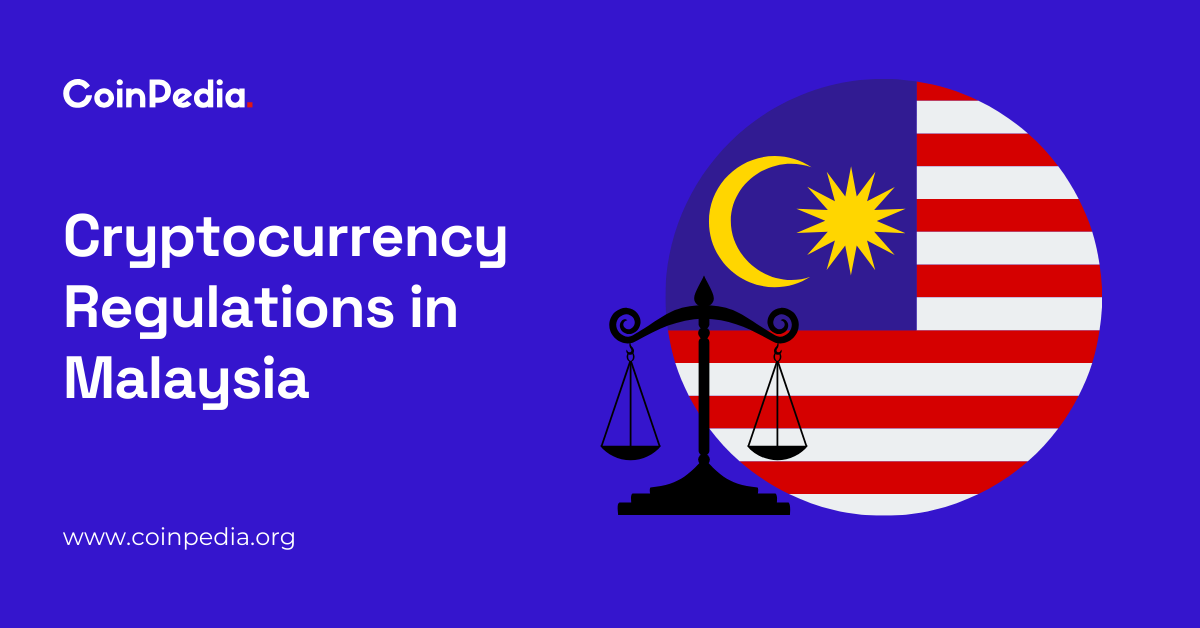**Bank Negara Malaysia Launches Three-Year Programme to Test Real-World Asset Tokenisation**
Bank Negara Malaysia (BNM) has initiated a pioneering three-year programme aimed at exploring real-world asset tokenisation. The newly released roadmap is designed to understand how blockchain-based tokenisation can transform Malaysia’s financial landscape, ranging from Islamic finance to supply chain management. Industry stakeholders are invited to provide feedback on the initiative until March 1, 2026.
—
### Malaysia’s 3-Year Plan for Tokenisation
BNM has published a Discussion Paper on Asset Tokenisation to gather insights and feedback from both the financial and technology sectors. The primary goal is to establish a **Digital Asset Innovation Hub** alongside an industry working group, which will collectively explore how tokenisation can be integrated into real-world financial systems.
The roadmap is structured as follows:
– **2026:** Focus on proof-of-concept and pilot testing to evaluate which applications are effective.
– **2027:** Expansion of pilots into larger trials based on initial findings and stakeholder input.
– **Ongoing:** BNM encourages ongoing feedback and suggestions for use cases, with the deadline set for March 1, 2026.
—
### Focus Areas and Selection Criteria
The working group will concentrate on several key use case areas, such as:
– **Supply Chain Finance:** Tokenisation can enhance transparency, improve traceability, and accelerate payment processes.
– **Islamic Finance:** Blockchain technology offers opportunities to develop more efficient and transparent Sharia-compliant financial products.
BNM emphasizes that not every idea will qualify. Projects must:
– Demonstrate tangible, real-world benefits.
– Apply blockchain technology only where it is the right fit.
– Be technically feasible within existing infrastructure.
—
### Why Malaysia Is Exploring Tokenisation Now
BNM’s motivation for this initiative stems from addressing critical challenges:
– **SME Financing Gap:** Malaysia faces a RM101 billion gap in SME financing. Tokenisation can help by turning invoices into digital tokens, enabling small businesses to access faster and more affordable loans.
– **Islamic Finance Leadership:** Malaysia is a global leader in Islamic finance. The use of tokenised *sukuk* and smart contracts can automate payments, increase liquidity, and expand the RM2.4 trillion Islamic finance market, all while adhering to Shariah principles.
– **Sustainability and ESG:** Tokenised green bonds could link payments directly to verified climate outcomes, minimizing greenwashing and enhancing investor confidence in Malaysia’s expanding Environmental, Social, and Governance (ESG) sector.
—
With this structured, pragmatic approach, Bank Negara Malaysia aims to bridge the gap between innovation and practical application, positioning Malaysia as a regional leader in regulated digital finance. Stakeholders interested in contributing insights or potential use cases are encouraged to participate before the March 1, 2026 deadline.

Be First to Comment